Search Fellows
Click on a Fellow below to view more information or create your own search.
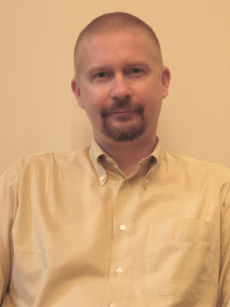
Markus Jäntti
Åbo Akademi University, Finland
Visiting Scholar
2007 to 2008
Markus Jäntti, Professor of Economics, Åbo Akademi University, Finland, and Timothy Smeeding, Distinguished Professor of Economics and Public Administration, Syracuse University, form a working group that will compare recent patterns of social and economic mobility in the United States with other advanced economies in an effort to determine whether America’s high rate of economic inequality is mitigated by greater economic mobility.
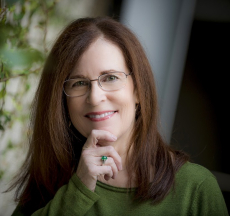
Janis Jenkins
Case Western Reserve University
Visiting Scholar
1996 to 1997
Janis Jenkins, associate professor in the Department of Anthropology and Psychiatry at Case Western Reserve University, worked on a project comparing how American families of Puerto Rican and European descent cope with chronic psychiatric illness. She is interested in specifying how social and living conditions in different family settings mediate the course and outcome of a major illness such as schizophrenia or a major depressive disorder.
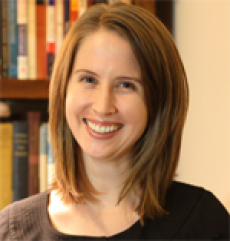
Jennifer Jennings
Princeton University
Visiting Scholar
2017 to 2018
Jennings will examine the barriers to access to high-quality high schools for low-income students. Using a decade of administrative data from the New York City Department of Education, she will analyze how students’ school choices and placements are influenced by their families, their proximity to good schools, and schools’ admissions policies. She will also explore the extent to which providing low-income families with resources such as fact sheets on high-performing schools can increase their placement at those schools.

David S. Johnson
U.S. Census Bureau
Visiting Scholar
2011 to 2012
Johnson will write a series of papers examining the national measures of income and consumption in order to determine whether such measures are effective gauges of economic well-being and inequality. He will analyze the different levels of measurement error in diverse survey data, including the Consumer Expenditure Survey, Current Population Survey, National Income and Product Accounts, and linked survey and administrative income data available at the Census Research Data Center.
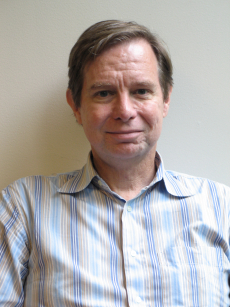
Eric Johnson
Columbia University
Visiting Scholar
2007 to 2008
Eric Johnson (Fall 2007), Norman Eig Professor of Business at Columbia University, and Elke Weber, Jerome A. Chazen Professor of International Business at Columbia University, will spend the fall semester working together on a chapter on “Judgment and Decision Making” for the Annual Review of Psychology, focused on cognitive processes in judgment and choice.
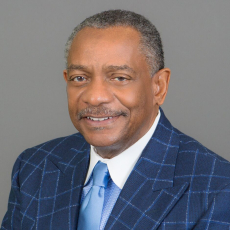
James H. Johnson, Jr.
University of North Carolina, Chapel Hill
Visiting Scholar
2002 to 2003
James Johnson, associate professor of political science at the University of Rochester, and Jack Knight, the Sidney W. Souers Professor of Government in Arts and Sciences at Washington University in St. Louis, will examine the challenges that models of political institutions pose to democratic theorists. Their research will show that the results of these models, primarily from game theory, do not represent so dire a threat to democratic commitments as commonly is supposed.
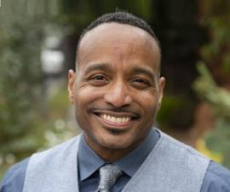
Rucker C. Johnson
University of California, Berkeley
Visiting Scholar
2011 to 2012
Johnson will analyze the consequences of school desegregation and school quality on adult educational attainment, earnings, incarceration, and health status. Based on these findings, Johnson will write a book evaluating the long-term impact of War on Poverty policies that were designed to improve school resources for minority and poor children. He will also analyze the links between educational investment and childhood development from preschool to high school and beyond.
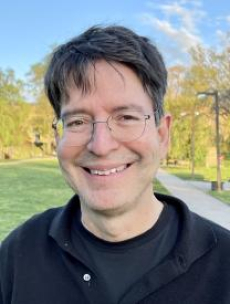
Michael Jones-Correa
Harvard University
Visiting Scholar
1998 to 1999
Michael Jones-Correa, assistant professor in the department of government at Harvard University, will examine how the cities of Los Angeles, New York, Miami, and Washington, D.C., each responded to recent civil disturbances arising from tensions between African-Americans and recent immigrants. In the aftermath of unrest, a variety of new community initiatives arose from both the public and private sectors to address inequities and to attempt to build bridges between ethnic and racial groups.
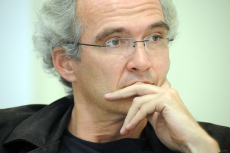
Christian Joppke
International University Bremen
Visiting Scholar
2002 to 2003
Christian Joppke, professor of political and social sciences at the European University Institute, will write a book on the ways in which racial and ethnic selection criteria for immigrants are at odds with the precepts of liberal states. Joppke will compare the immigration policies of "liberal" states and "ethnic" states (such as Japan) with respect to public neutrality on immigration and the principle of equality.
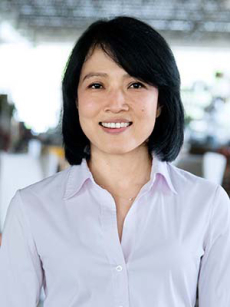
Chinhui Juhn
University of Houston
Visiting Scholar
2016 to 2017
Juhn will work on a book that combines economic analysis and personal interviews to examine the future of the U.S. workforce. She will look at what jobs are likely to exist in the future as globalization and technology reduce the need for workers in many areas. She will investigate whether current fertility patterns and investments in children are on course to meet those workforce requirements. Juhn will also examine how a changing labor market, marriage options, and challenges of work-life balance affect men’s and women’s desires for children and family.
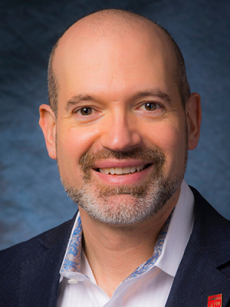
Benjamin Justice
Rutgers University
Visiting Scholar
2023 to 2024
Justice (together with Tracey Meares) will co-author a book on how experiences with criminal legal institutions shape one’s civic identity. Drawing on scholarship from law, history, and the social sciences, they will examine how legally innocent people encounter three phases of the “curriculum” of American justice: policing, pretrial detention, and adjudication.

Lawrence Kahn
Cornell University
Visiting Scholar
1999 to 2000
Lawrence M. Kahn, professor of labor economics and collective bargaining, and Francine D. Blau, professor of industrial and labor relations, both at Cornell University, will prepare an international study of labor market institutions (such as collective bargaining, unemployment insurance, and family leave) and their impact on labor market outcomes, including unemployment, wage trends, inequality, and women's pay.
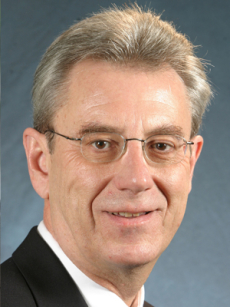
Arne L. Kalleberg
University of North Carolina, Chapel Hill
Visiting Scholar
2016 to 2017
Kalleberg will trace the historical evolution of corporate power and inequality in the United States. He will examine how shifts in the balance of power among corporations, labor, and government have led to changes in economic and social inequality throughout different periods, especially since World War II. He will explore the relationship between increasing corporate power and the rise of low-wage jobs, polarization of the economy, and the shrinking of the middle class.
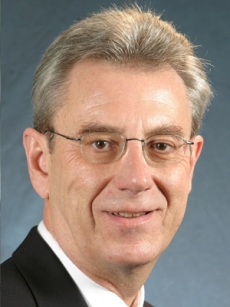
Arne L. Kalleberg
University of North Carolina, Chapel Hill
Visiting Scholar
2000 to 2001
Arne L. Kalleberg, professor of sociology at the University of North Carolina at Chapel Hill, will study flexible staffing arrangements - such as temporary, part-time, and contract work - looking at the quality of such jobs, employers' motivations for creating them, and workers' reasons for taking them. Employers may use flexible staffing to cut costs or to cope with labor shortages. If they aim to cut costs, job quality is likely to be low. On the other hand, if they face a labor shortage, they will have to make flexible jobs more appealing.
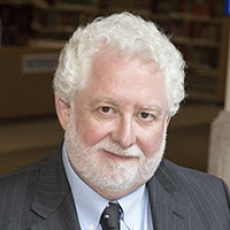
Philip Kasinitz
City University of New York
Visiting Scholar
2000 to 2001
Philip Kasinitz and John Mollenkopf, professors of sociology and political science at the Graduate Center of the City University of New York, will analyze the findings of a major study of the new second generation of immigrants in metropolitan New York, which they are directing with Professor Mary Waters of Harvard University.
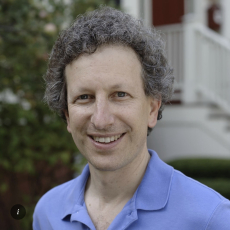
Lawrence F. Katz
Harvard University
Visiting Scholar
1997 to 1998
Lawrence F. Katz, professor of economics at Harvard University and research associate at the National Bureau of Economic Research, and Claudia Goldin, professor of economics at Harvard University, program director for the Development of the American Economy, and research associate at the National Bureau of Economic Research, conducted historical research into the impact of technological and educational developments on the American economy during the years 1910 to 1960.
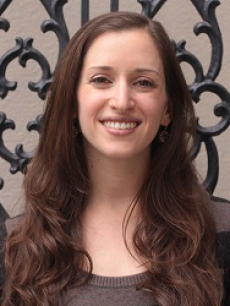
Vikki S. Katz
Rutgers University
Visiting Scholar
2016 to 2017
Katz will examine how immigration status and migration history affect the experiences of low-income Latino parents who are facing allegations of child abuse or neglect in the Bronx Family Court. Using data from a 26-month ethnographic study, she will explore how immigrant families make sense of their court involvement, how they navigate and understand court mandates, and the extent to which the courts is managing to address the needs of a diverse Latino population.
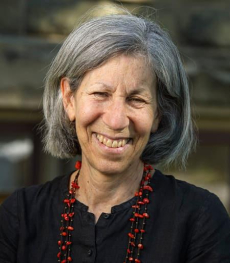
Mary Fainsod Katzenstein
Cornell University
Visiting Scholar
2001 to 2002
Mary Fainsod Katzenstein, professor of government at Cornell University, is preparing a book on federal policy and its impact on the growth of prisons. Katzenstein will study federal policies across legislative, judicial, and executive arenas and examine three significant issues: the weakening of voting rights for ex-felons, mandatory drug sentencing, and the withdrawal of funding for prison education.
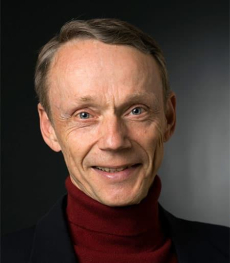
Peter J. Katzenstein
Cornell University
Visiting Scholar
2001 to 2002
Peter Katzenstein, the Walter S. Carpenter, Jr., Professor of International Studies at Cornell University, will write a book on regional relationships among nations and the effects of globalization and internationalism on creating new, open forms of regionalism. Drawing on a decade of research, Katzenstein suggests not only that contemporary regionalism differs markedly from the regionalism of the 1930s but that regionalism takes different forms in different parts of the world.
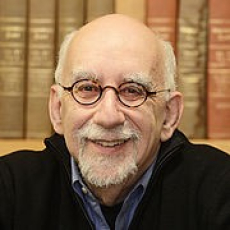
Ira Katznelson
Columbia University
Visiting Scholar
2004 to 2005
Ira Katznelson, Ruggles Professor of Political Science and History at Columbia University, John Lapinski, Assistant Professor of Political Science at Yale University, and Rose Razaghian, Assistant Professor of Political Science at Yale University, form a working group that will examine the entire history of Congressional roll call votes to study how the type of policy at stake in legislative debate determines political relationships and outcomes.
